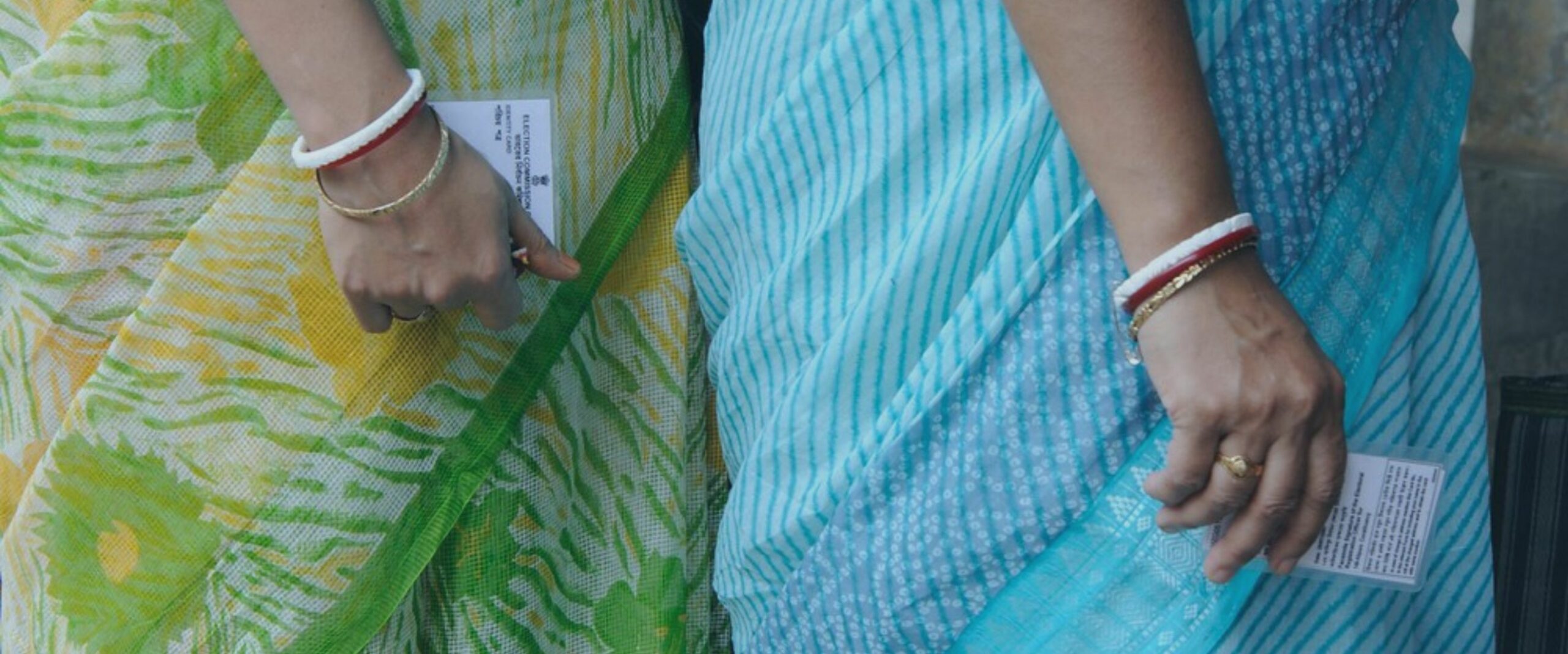Analysis
SCO Shorts: Challenge to Appointments in the Election Commission of India
A 5-Judge Bench is deciding whether the appointment process in the ECI is unconstitutional and must be reformed.

A Constitution Bench of 5 judges will soon deliver a Judgment in an important case concerning the independence of the Election Commission of India (ECI).
In January 2015, Advocate Anoop Baranwal filed a Public Interest Litigation, arguing that the current system for appointing members of the ECI is unconstitutional. Currently, the Executive enjoys the power to make appointments, which the PIL claims has degraded the ECI’s independence over time. Mr. Baranwal has asked the Court to issue directions to create an independent, Collegium-like system for ECI appointments. It claims that the current system of appointments violates Article 324(2) of the Constitution.
What is Article 324?
Article 324 of the Constitution of India specifies that the Chief Election Commissioner and Election Commissioners will be appointed by the President. However, this is subject to laws that the Parliament may make. Framers of the Constitution believed that the power vested in the President in this instance was excessive, and brought it under the bounds of laws made by the Parliament.
What is the Petitioner’s Claim?
Mr. Baranwal argues that although Article 324 places a check on the President’s powers, no such law has been enacted by Parliament. So, presently, the President makes appointments as per the recommendations of the Prime Minister.
What Does the Union Government Argue?
The Union has defended the current system of appointments, stating that all the past Chief Commissioners have an ‘honest record’. They have urged the Court to not intervene, arguing that the matter falls within the Executive domain.
Who are the Judges Hearing this Case?
5 Judges are hearing this case. Justices K.M. Joseph, Ajay Rastogi, Aniruddha Bose, Hrishikesh Roy and C.T. Ravikumar are on this Constitution Bench.
What next?
During the hearings, the Bench appeared keen to identify the process the Executive adopts to appoint members of the ECI. How does the Executive identify eligible candidates from the pool of civil servants? What is the basis for recommending a name to the Prime Minister? What factors do the Prime Minister and President consider when approving the recommendations? The Bench seems determined to establish transparency in the process.
Ultimately, this will provide clarity on whether the current process is unconstitutional, and whether the Parliament must enact a law to set up an independent committee to make appointments to the ECI.
Dig Deeper
In this Chapter of ‘Guardians of Public Value: How Public Organisations Become and Remain Institutions’ the authors describe how the ECI became one of the most ‘widely celebrated and trusted public institutions in India’. They argue that the ECI had endured various regimes and political interferences, and that the regime of the Bharatiya Janata Party will test its integrity.
In this Times of India article, Ahuja and Ostermann argue that the rise of the BJP in 2014 created a strong Executive which in turn, weakened the ECI. They also argue that the Supreme Court in recent years has acquiesced to the ‘dominant Executive’. They refer to the SC’s inaction in the challenge to the current Electoral Bonds scheme to further their point.
Arguing against this stance, the 15th Chief Election Commissioner of India, Mr. N. Gopalaswami writes that accusing the ECI of being partisan has become a ‘favourite poll passtime’. He states that critics of the ECI are not aware of the ground realities, and the procedure followed by the Commission. He claims that the assumption that the Commissioner will favour the government that appointed them is ‘untenable’,
This Indian Express article tells the story of Tirunellai Narayana Iyer Seshan, who was the 10th Chief Election Commissioner. It describes the reforms he brought about to the functioning and powers of the Election Commission of India, which until 1990 was ‘not more than an observer of elections’.
Mr. Seshan is credited for having introduced a list of election campaign malpractices, Voter IDs, a Model Code of Conduct and spending limit on political parties.
